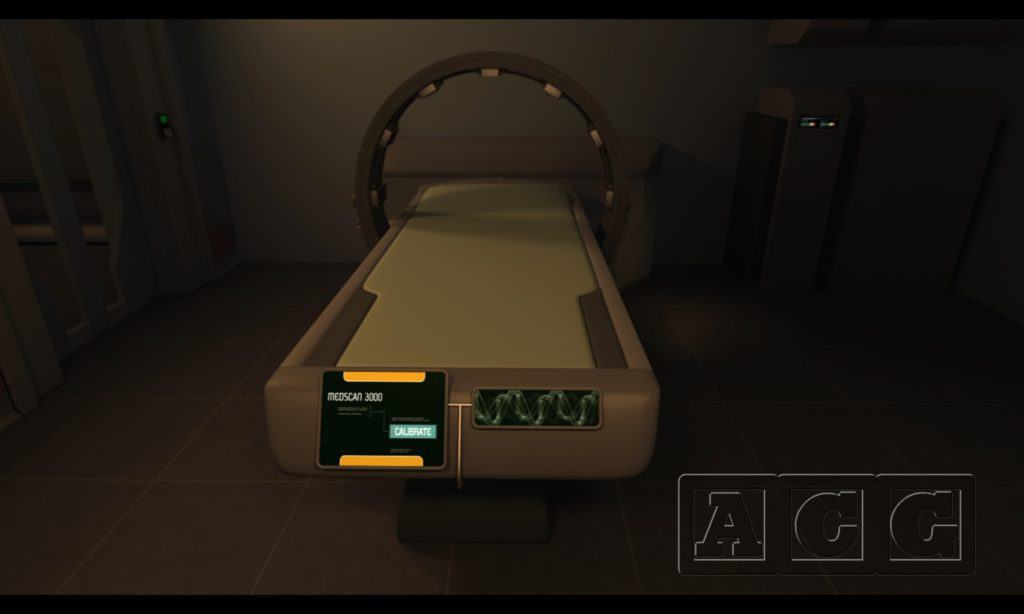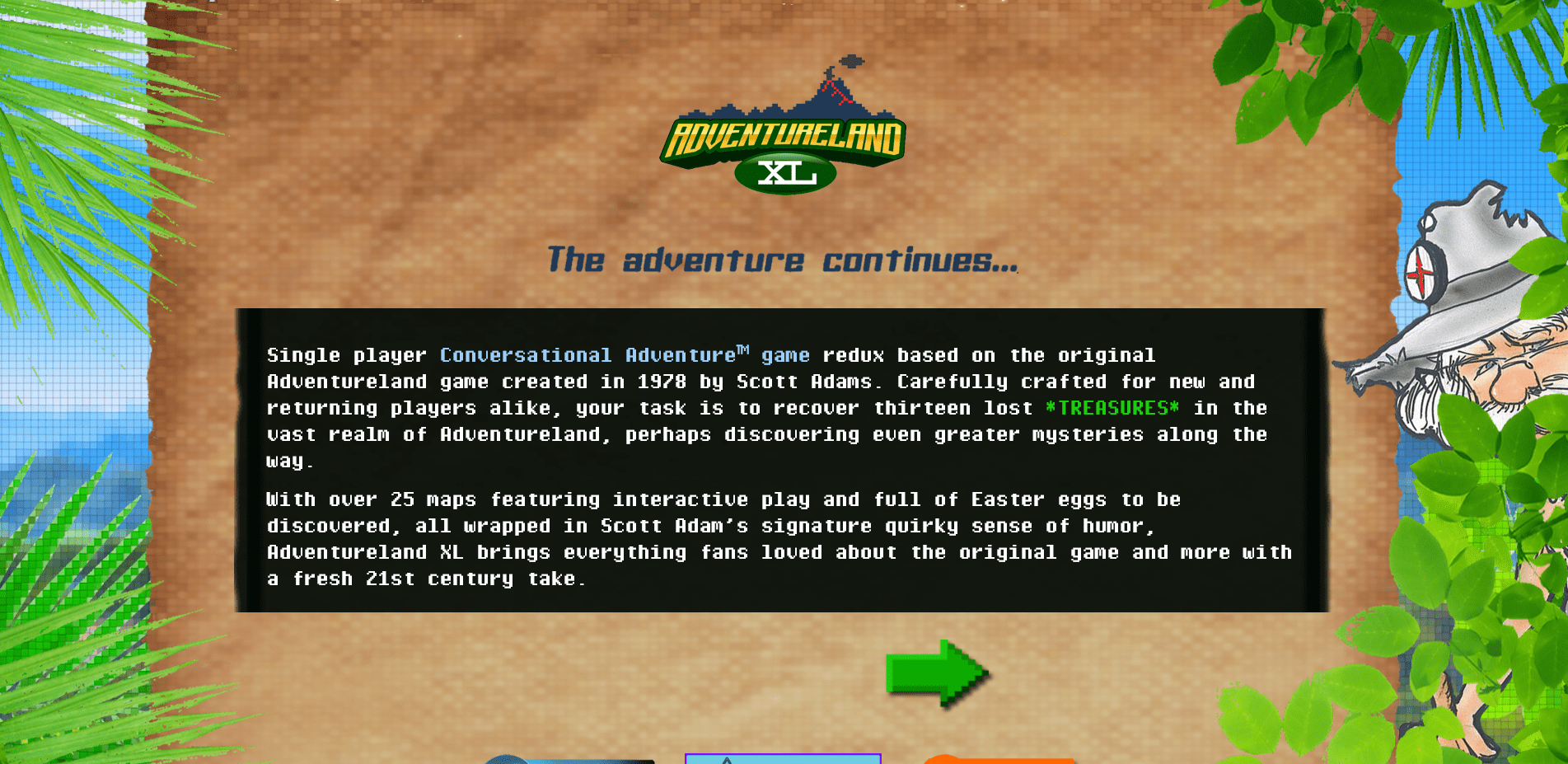As you might know, the original Adventure game was written for a DEC computer by two college students Crowther and Don Woods. It was known as
Colossal Caves Adventure. In 1978 Scott Adams played the game and was fascinated. He then wrote his first adventure game Adventureland for the Radio Shack TRS-80 model Scott computer (16,000 bytes of memory, a Z80 processor, and a cassette drive) in the same year. I had a chance to ask Mr. Adams some questions which he kindly answered below.
1) How did you get into designing games?
I always enjoyed playing games. In 1970 our high school got a terminal to an IBM mainframe at the University of Miami. It was placed in the school’s math resource center. I found it and fell in love. The language was APL/360 and the first major program I wrote was a tic tack toe game you played against the computer. I kept the source code and recently donated it to the Strong Museum of Play in Rochester NY.
2) How long did it take to complete Adventureland?
I don’t remember the time frame of the first game. I suspect it was on the order of 2 months. I was developing the game play and the tools to write the game at the same time. Later I was able to write one of my classic games in roughly a month.
3) What was the first feedback you got about Adventureland?
I took it to a local computer hobby club and everyone liked it and wanted a copy.
4) As someone who witnessed it first-hand, what did you think about the progress of computers and technologies over the years?
It’s been a great ride. I have seen us go from mainframe computers that you communicate with via holes in cardboard (keypunch cards) to modern tablets and phones you can talk to. External drives have grown from holding 90 kilobytes to multiple terabytes. Processing power has also grown tremendously.

5) What is your personal favorite of games you’ve developed?
My current favorite completed game is Escape the Gloomer set in the Red Wall universe and tells a parallel story to Mossflower (book 2 of the series). I am still actively working on Adventureland XL, it’s a salute to the original game which it contains and then adds an entire extra set of goodies. Of my classic games my favorite was Fantastic Four that I did with Marvel comics.
6) What do you think of current video games?
So many good ones to choose from. I enjoy RPGS and MOGS and FPS. I just wish I had the time to play them all lol. I barely get to play any currently. I am either spending time with family, horseback riding , traveling or working on my own game. So much time so little to do…. Scratch that… reverse it…
Try my AI Tabletop RPG generators...and an extensive library of content!
7) What words of wisdom do you have for today’s game designers?
Write what you enjoy playing. Take the time to investigate tools and methodologies, if you are part of a small team learn about Agile and Scrum. Don’t worry about making something that is for everyone, just make something that is everything for somebody. If you aren’t enjoying what you are doing, then stop find something you do enjoy.
8) I programmed my own Zork-like in the late 80s in BASIC. What was your preferred programming language over the years?
I have used APL, machine language (hand assembled!), assembler, Fortran, Cobol, basic, Ada, Forth, C, C++, C, python, Perl and others. Of them all I find C# is my favorite at the moment.
9) What video games are you playing yourself these days?
When I get the chance to play I am enjoying Valheim! Nice mix of sandbox, survival and some questing.
10) Can you tell us more about The Inheritance?
The Inheritance is a text based adventure game with sound effects. It uses a full sentence parser. It is now working on PC, Mac, IOS, and Android. It now has a dynamic help system that knows where the player is and gives them small hints or entire solutions. It also allows some puzzles to be turned off to allow the player to skip them and perhaps return to those puzzles later.
Some puzzles require the player to read parts of the bible (a full bible is included in the game itself) and show they understand what they are reading. They don’t have to agree it with it and it doesn’t push doctrine etc. I just want people to be aware that the bible is a very ancient book with interesting things in it. There are many puzzles and some are extremely intricate. It is designed to be a spring board for future games based off of the story it tells.
⚔️ Fantasy RPG Random Tables Books
Make life as a Gamemaster easier…
If you play Dungeons & Dragons, Pathfinder, or other fantasy RPGs, this
RPG random tables series
is packed with encounters, NPCs, treasure, and more. Available in eBook or print—either way, you’ll have a wealth of adventure ideas at your fingertips.
11) Anything else you would like to add?
I am working with a company that has the IP to the Redwall series of books by Brian Jacque. I think the books have sold 30+ million copies. I am working on a game set in that universe.










